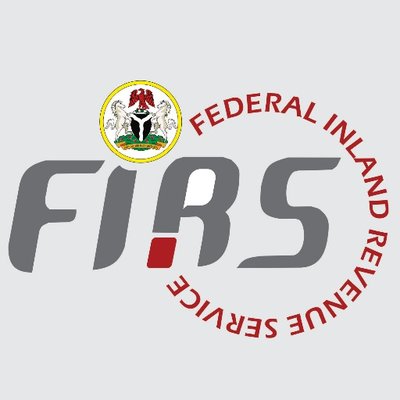How FIRS, Customs, NUPRC received more allocation than states – Report
A report by Agora policy has shown that Nigeria’s Cost-of-Collection by the Federal Inland Revenue Service (FIRS), the Nigerian Upstream Petroleum Regulatory Commission (NUPRC), and the Nigeria Customs Service (NCS), is bigger than what each state received as federal allocation. The Federal Inland Revenue Service (FIRS) receives 4% of non-oil revenues; the Nigerian Upstream Petroleum […]

firs
A report by Agora policy has shown that Nigeria’s Cost-of-Collection by the Federal Inland Revenue Service (FIRS), the Nigerian Upstream Petroleum Regulatory Commission (NUPRC), and the Nigeria Customs Service (NCS), is bigger than what each state received as federal allocation.
The Federal Inland Revenue Service (FIRS) receives 4% of non-oil revenues; the Nigerian Upstream Petroleum Regulatory Commission (NUPRC) gets 4% of royalties, rents and other revenues from the oil and gas sector and the Nigeria Customs Service (NCS) receives 7% of custom duties and levies.
The report showed that in January 2024, the three agencies received a total of N78.30bn as the cost of collection for January 2024. But the gross allocations to the six geo-political zones for the same month were as follows: N56.60bn for the North-East; N55.58bn for the North-Central; N76.09bn for the North-West; N47.75bn for the South-East; N141.85bn for the South-South; and N86.60bn for the South-West.
This shows that for the month, the cost of collection received by the three agencies (N78.30bn) was higher than the gross FAAC allocations to each of four geo-political zones in the country: North East (N56.60bn), North-Central (55.58bn), North-West (N76.09bn) and South-East (N47.75bn).
Why we’re seeking fresh $2.5bn World Bank loan — FG
Tinubu mourns as Malawi VP dies in plane crash
The South-South and South-West got more than what the three agencies received only on account of 13% derivation for the oil producing states and the allocation of N21.28bn as the net allocation to Lagos State for Value Added Tax (VAT).
The report showed that in January 2024, FIRS received N43.35bn as cost of collection. None of the 36 states of the Federation received up to this amount as Federation allocation.
The state with the highest gross allocation for the month, Delta State, got N39.59bn, which means that FIRS not only received an amount more than what each of all the 36 states but also got 109.49% of the allocation of the state with the highest gross allocation.
The report also noted that the Customs Service received N16.27bn, the lowest cost of collection for the month. But what Customs got was higher than what each of the 31 states received as gross allocation for the month.
According to the report, the agencies can contend that they are receiving more money now simply because they are also bringing in more money to the Federation.
To check this claim, the report looked at the fully disaggregated data on FAAC disbursements for a five-year period, from February 2019 to January 2024. The data reveals how the revenue structure of the Federation has changed within five years and in a way that gives an edge to the agencies against the three tiers of government on behalf of whom they collect the revenues.
In February 2019, the gross FAAC revenue was N619.86bn and the total cost of collection was N13.58bn, or 2.19% of the gross allocation.
In January 2024, the gross revenue was N2.07trillion while the three agencies received N78.30bn, or 3.79% of it. On the face of it, the absolute value of the cost of collection is merely rising gross revenue.
But this is not exactly so according to the report because, while the gross revenues between February 2019 and January 2024 increased by 234%, the cost of collection for the same period increased by 477%. So, the cost of collection has increased in more than corresponding proportion than the gross revenue has.
